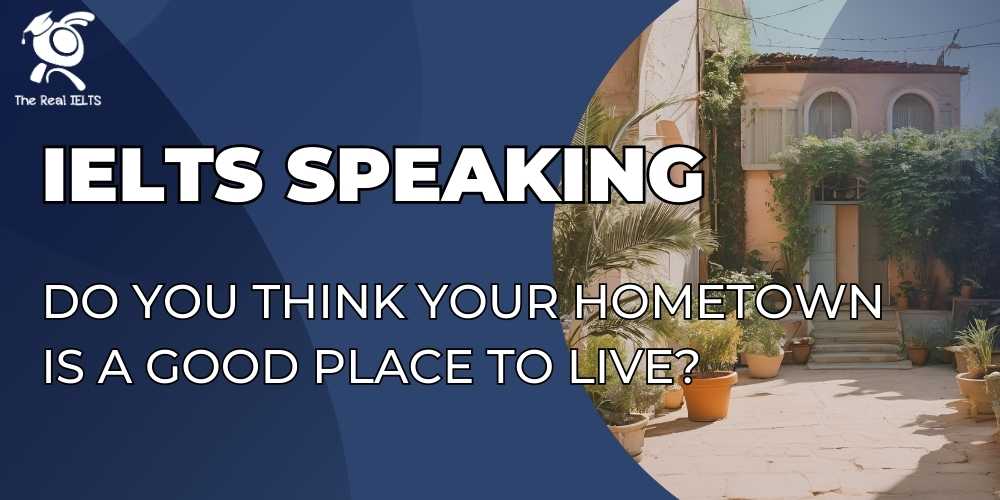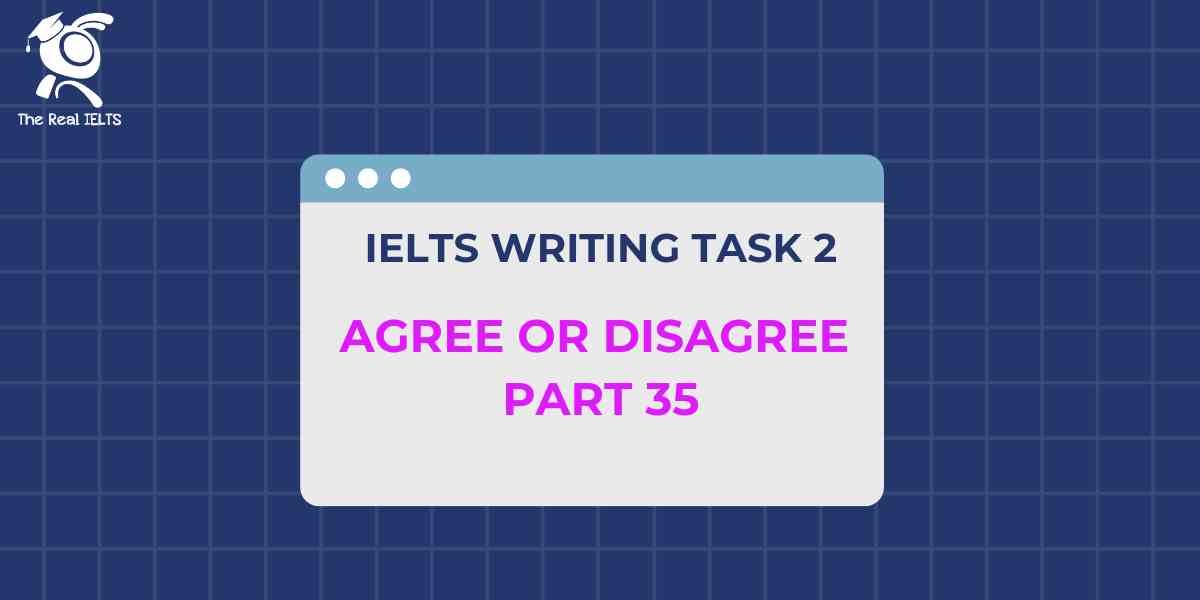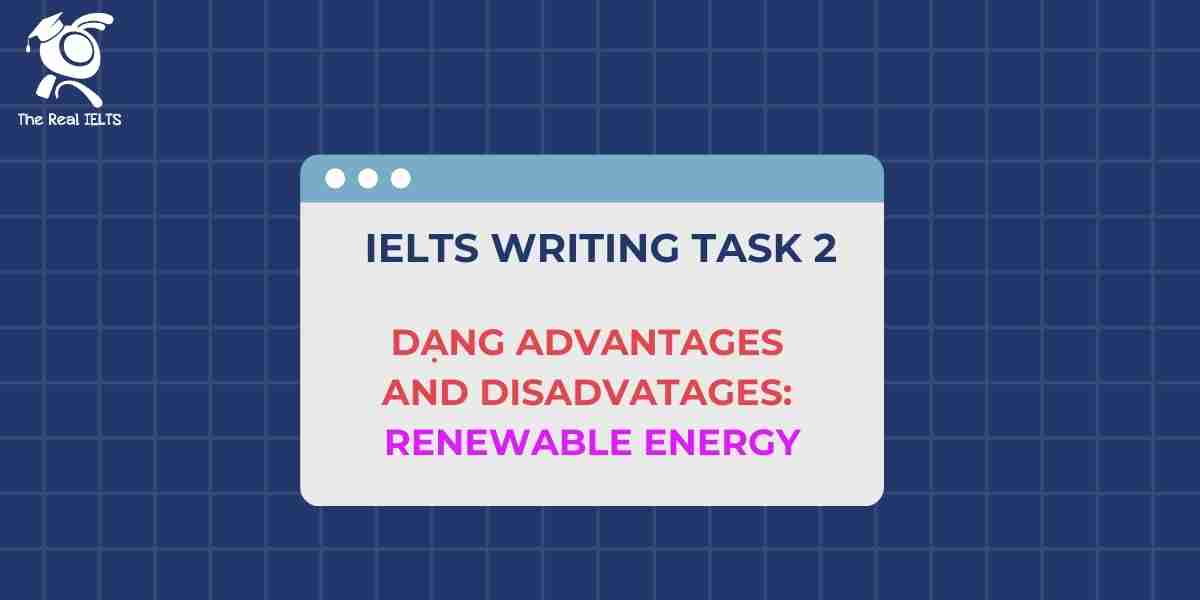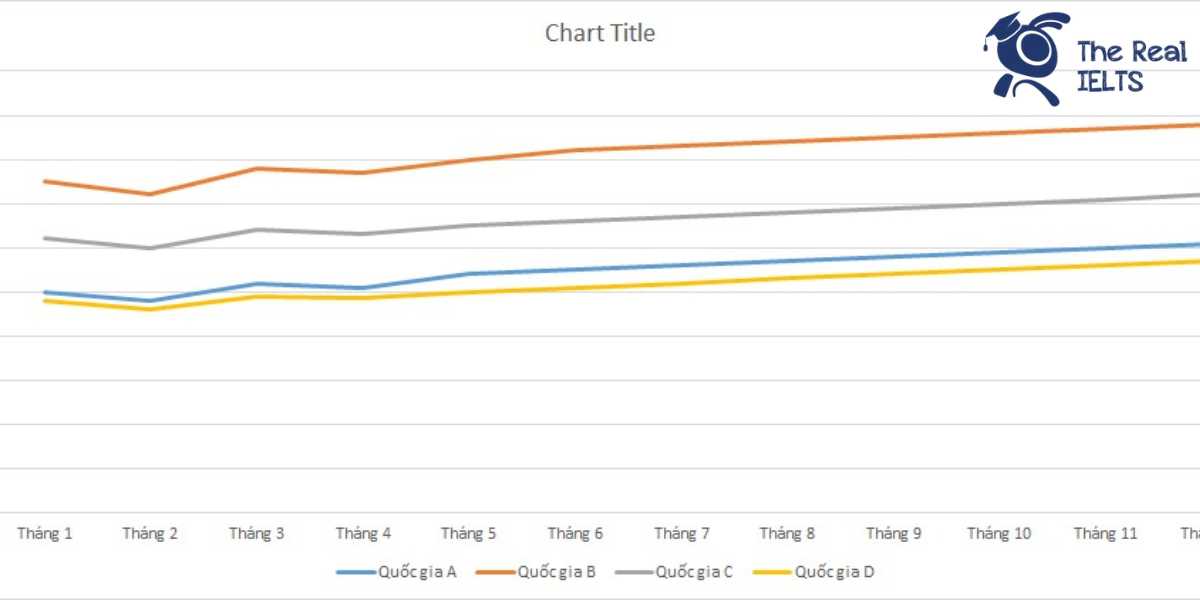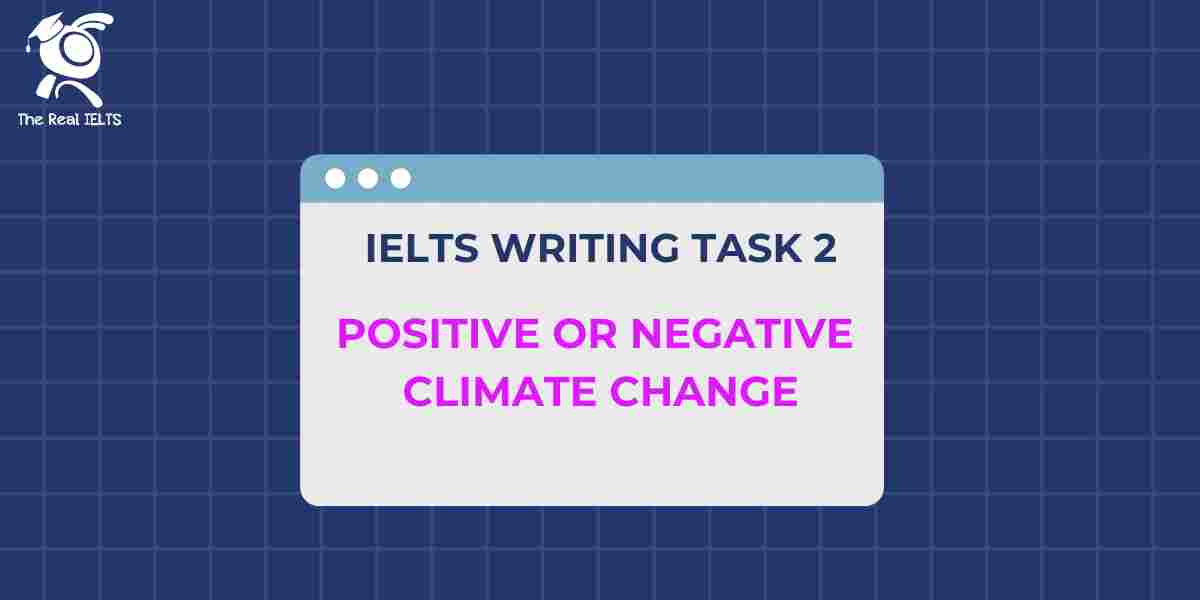IELTS Speaking Part 1 thường xoay quanh các câu hỏi về cuộc sống cá nhân, trong đó có chủ đề quê hương. Bài viết này sẽ giúp bạn trả lời câu hỏi “Do you think your hometown is a good place to live? Why or why not?” một cách chi tiết và ấn tượng, cải thiện điểm số Speaking.
Câu trả lời cho IELTS Speaking: Do you think your hometown is a good place to live? Why or why not?
Đọc thêm các bài luyện thi IELTS khác.
Đọc lại câu trả lời cho câu hỏi: IELTS Speaking: Is your hometown famous for anything?
Đọc thêm câu hỏi khác tại: IELTS Speaking Part 1: Introduction and Interview chủ đề Your hometown.
Ví dụ 1
Introduction:
Yes, I believe my hometown, Hanoi, is a great place to live. As the capital city of Vietnam, it offers a unique combination of cultural heritage, modern amenities, and opportunities for personal and professional growth. For me, Hanoi holds a special place in my heart because it’s not only where I grew up but also where I’ve built countless memories with friends and family.
Geographical Description:
Geographically, Hanoi is situated in northern Vietnam and is surrounded by rivers and lush green countryside. The Red River, which flows through the city, adds to its charm and serves as an important landmark. The city itself is a blend of bustling urban areas and quieter suburban districts, offering options for people who enjoy either vibrant city life or a more peaceful lifestyle.
Cultural Aspects:
Hanoi is rich in cultural diversity and traditions. The city is known for its vibrant festivals, such as Tet (Lunar New Year) and the Mid-Autumn Festival, which bring communities together and showcase Vietnamese customs. Traditional arts, like water puppet shows and folk music performances, are still popular and accessible to residents and visitors alike. Moreover, the food culture here is extraordinary, with street vendors serving dishes like “pho” and “bun cha” on every corner, making it a food lover’s paradise.
Historical Background:
The historical significance of Hanoi cannot be overstated. It has served as the political and cultural hub of Vietnam for centuries. The Old Quarter, with its narrow streets and ancient architecture, is a reminder of the city’s rich past. Historical landmarks such as the Temple of Literature and Ho Chi Minh Mausoleum attract both tourists and locals, fostering a sense of pride among residents.
Economic Activities:
Economically, Hanoi offers a wide range of opportunities. It’s a major center for education, with prestigious universities and schools, making it ideal for students. Additionally, the city is home to numerous industries, from technology to manufacturing, and has a growing startup scene. These economic activities not only provide jobs but also contribute to the city’s dynamic and forward-looking atmosphere.
Personal Connection:
For me, living in Hanoi means being part of a community that values both tradition and progress. I remember spending weekends at Hoan Kiem Lake, enjoying the peaceful atmosphere while watching families and friends gather. I also appreciate how the city accommodates different lifestyles, whether it’s someone who loves the fast-paced life in the city center or someone who prefers the quieter outskirts.
Conclusion:
To summarize, I genuinely believe Hanoi is a great place to live because of its cultural richness, historical significance, and economic opportunities. While it does have challenges, like traffic congestion and air pollution, these are outweighed by the city’s vibrant spirit and the sense of belonging it offers. What I love most about Hanoi is its ability to evolve while staying true to its roots, making it a place I’m proud to call home.
Ví dụ 2
Introduction:
Yes, I do think my hometown, Da Nang, is a wonderful place to live. Located in central Vietnam, it’s a coastal city known for its natural beauty, friendly people, and a laid-back lifestyle. For me, Da Nang is more than just a hometown; it’s a place where I feel a deep sense of belonging and comfort.
Geographical Description:
Geographically, Da Nang is stunning. It’s nestled between the East Sea and the Truong Son Mountain Range, creating a harmonious balance of beaches and hills. The city is famous for its long, sandy coastline, with My Khe Beach being one of the most beautiful beaches in the world. Additionally, the Marble Mountains and Son Tra Peninsula add to its natural charm, offering breathtaking views and peaceful retreats for residents and tourists alike.
Cultural Aspects:
Culturally, Da Nang is vibrant yet peaceful. The city hosts various festivals, such as the Da Nang International Fireworks Festival, which attracts visitors from around the world. The local cuisine is another highlight, with dishes like “mi Quang” and “banh trang cuon thit heo” showcasing the unique flavors of central Vietnam. Despite being a growing urban center, the city maintains its traditional values, and people here are known for their hospitality and warmth.
Historical Background:
Historically, Da Nang has played a significant role in Vietnam’s development. It was once a major port during the colonial era and has since evolved into a modern city. Historical sites like the Cham Museum, which houses artifacts from the ancient Cham civilization, remind us of the city’s rich heritage. These historical elements blend seamlessly with Da Nang’s modern infrastructure, creating a city that respects its past while looking to the future.
Economic Activities:
In terms of economy, Da Nang is thriving. It’s a hub for tourism, with millions of visitors coming each year to enjoy its beaches, resorts, and attractions like the Golden Bridge at Ba Na Hills. Additionally, the city has a growing tech industry and numerous job opportunities in services and trade. The combination of these factors provides a stable livelihood for its residents and makes it an attractive place for newcomers.
Personal Connection:
For me, Da Nang represents a perfect balance of relaxation and opportunity. I’ve spent countless mornings jogging along the beach and evenings exploring the night markets with friends. The city’s size is just right—not too big to feel overwhelming, but large enough to have everything I need. It’s a place where I can enjoy nature, connect with the community, and still pursue my career goals.
Conclusion:
In conclusion, I wholeheartedly believe that Da Nang is an excellent place to live. Its natural beauty, cultural richness, and economic potential make it stand out among other cities. What I love most about my hometown is its ability to make people feel at home, whether they’ve lived here all their lives or just arrived. It’s this welcoming spirit that makes Da Nang truly special.
Ví dụ 3
Introduction:
Honestly, I don’t think my hometown, Ho Chi Minh City, is an ideal place to live, despite its many advantages. While it’s a bustling and dynamic metropolis, certain aspects of life here can be quite challenging, which makes me feel that it’s not the best place for everyone.
Geographical Description:
Geographically, Ho Chi Minh City is located in southern Vietnam, near the Saigon River. It’s a flat area with no significant natural landmarks like mountains or beaches. While the cityscape is impressive with tall buildings and modern infrastructure, there’s very little green space. The lack of parks and natural surroundings can make the city feel crowded and overwhelming at times.
Cultural Aspects:
Culturally, Ho Chi Minh City is vibrant and diverse, which is one of its strengths. However, the fast-paced lifestyle here often leaves little time for people to connect deeply. Traditional festivals and customs are still celebrated, but they are increasingly overshadowed by modern commercialism. This rapid urbanization has, in some ways, diluted the city’s cultural identity, which I find disappointing.
Historical Background:
Ho Chi Minh City has a rich history, especially as it played a central role in Vietnam’s development during the colonial and post-war periods. However, the rapid modernization sometimes makes it difficult to appreciate its historical significance. Many historical sites are being replaced by commercial buildings, which I think is a loss for the city and its residents.
Economic Activities:
Economically, the city is thriving. It’s a hub for business, trade, and education, attracting people from all over the country. However, this economic boom has led to issues like overpopulation, traffic congestion, and rising living costs. For many residents, the cost of housing and basic necessities is becoming increasingly unaffordable. This makes life stressful and limits the quality of living for a large part of the population.
Personal Connection:
From a personal perspective, I often feel overwhelmed by the city’s hustle and bustle. The constant noise, the crowded streets, and the lack of personal space can be exhausting. Although I have fond memories of growing up here, I sometimes wish for a more peaceful environment where I can relax and breathe more freely.
Conclusion:
In conclusion, while Ho Chi Minh City has its strengths, such as economic opportunities and cultural vibrancy, the challenges like overpopulation, high living costs, and a lack of natural spaces make it less than ideal for me. What I miss most in this city is the balance between urban development and quality of life. If these issues are addressed, it might become a better place to live in the future, but for now, I wouldn’t call it the best place to settle down.


